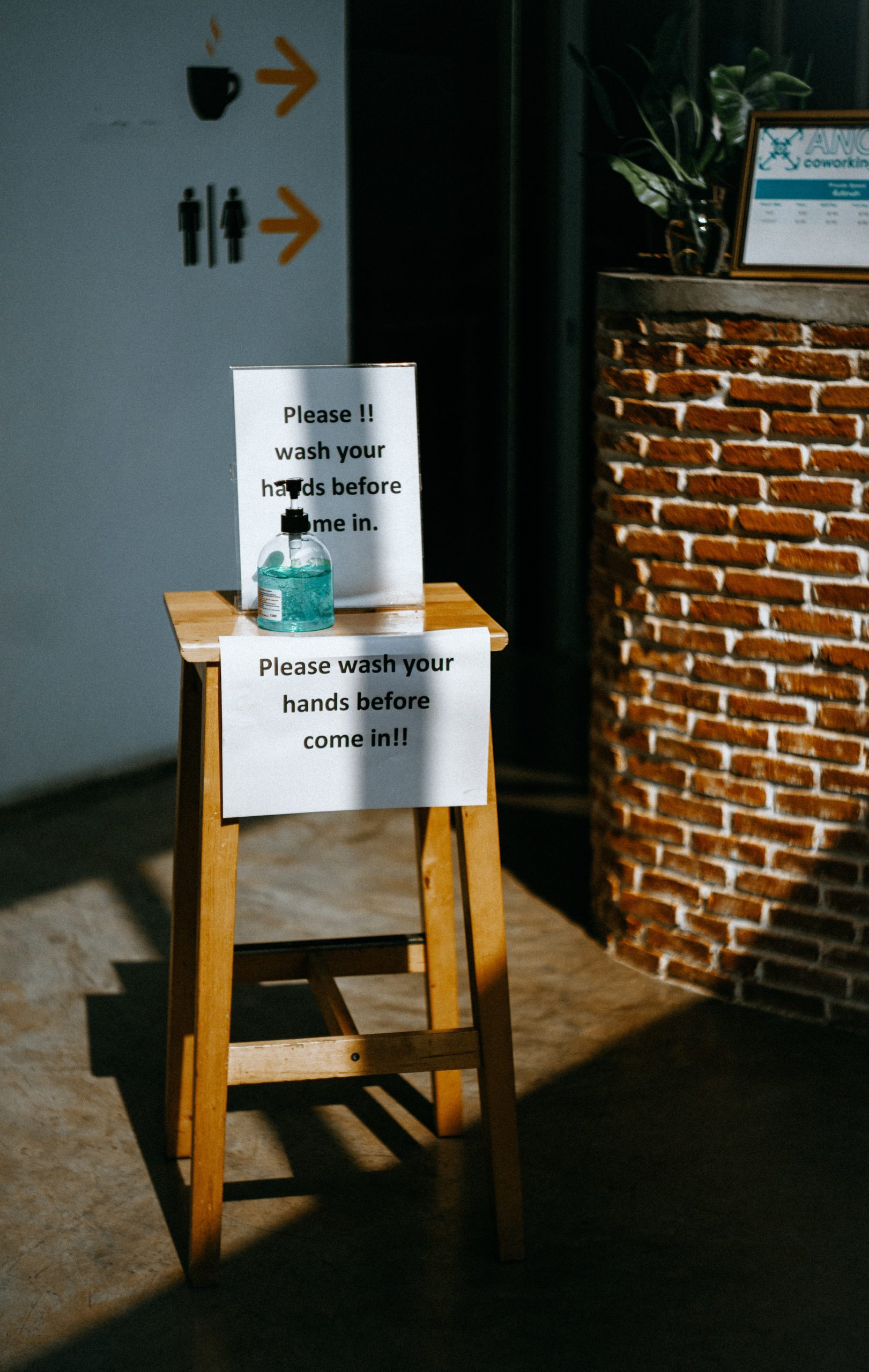By Corinne McCaw
The coronavirus has changed the day-to-life of college students, from the way students learn to the way they interact. At Samford University, there is a mix of online, hybrid and in-person classes. Events have been cancelled and there is less opportunity for social interaction on campus.
A recent study from Texas A&M University and Houston Methodist Hospital found that 71% of college students have experienced increased stress and anxiety since the onset of the pandemic, and Samford students have not been immune to this.
Samford students Aliza Baker and Katy Beth Boyers conducted a research project last semester on the mental health of Samford students in the pandemic and found that of the Samford students who participated, 81% said they felt their mental health had worsened due to the COVID-19 pandemic.
Richard Yoakum, the Director of Counseling Services and Wellness Programs, as well as a counselor at Samford, has noted the increased need for Counseling & Wellness services this academic year. Yoakum believes the combination of disconnection and significant changes have contributed to the worsening of many students’ mental health.
“What I think COVID has done is magnified issues that have already been there for many students,” Yoakum said.
In the past, it has been common for Yoakum to work with students who have experienced high-achieving anxiety due to perfectionism. Recently, however, there have been more students experiencing panic attacks, feeling disconnected and feeling isolated, as the pandemic has magnified the existing anxiety in many people.
For many students, the pandemic is the first time they have felt the need to ask for help with their mental health, and it can often feel intimidating to start. Yoakum encouraged students to get the help they need.
“Making an appointment is about taking an opportunity to maximize your potential, not an admission of failure,” Yoakum said.
In previous years, Counseling & Wellness has provided as much in-person individual counseling as possible and directed students to online resources. This year, they have conducted virtual Zoom sessions. Although virtual sessions might mean that Counseling and Wellness may lose some non-verbal cues from students, they still provide a safe space for students to process their stress or anxiety.
For students who are hesitant to take the leap to an individualized counseling session, Counseling & Wellness is also offering workshops, Cadres, support groups and online resources. Samford Counseling & Wellness has emphasized the use of its online resources such as virtual therapy sessions and CampusWell, an online hub for all students’ wellness questions.
To make an appointment, email counseling@samford.edu, or call 205-726-4083.






